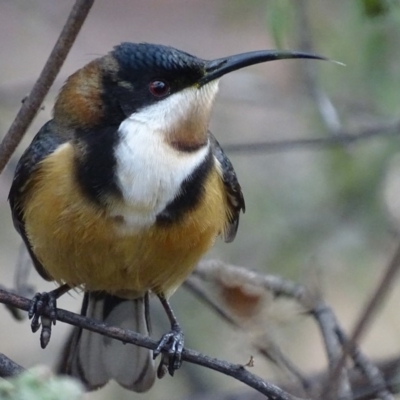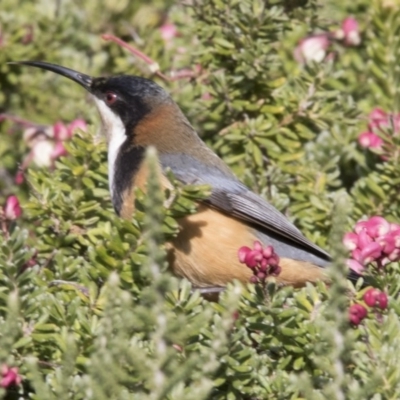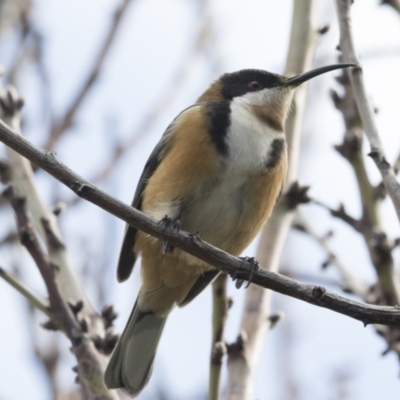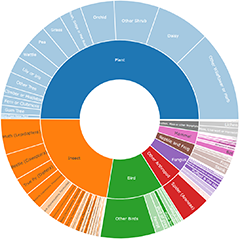O'Connor Ridge to Gungahlin Grasslands species
Overview
The O'Connor Ridge to Gungahlin Grasslands corridor, via Lyneham Ridge and the much of the connected green spaces within Kaleen, is an area which may be important for north-south connectivity between the Inner North and Belconnen Districts for a range of ecosystem types. It forms an important linkage between a series of protected woodlands to the south, and a series of protected grasslands to the north, and also forms part of the catchment of Ginninderra Creek.















































































